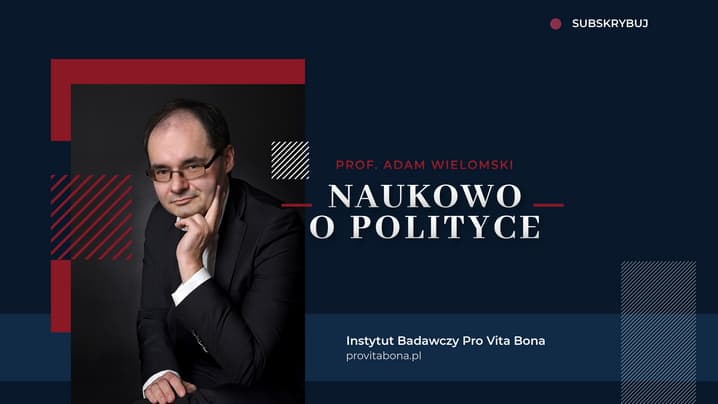Humanistic studies, or what are called the liberal arts (those studies, ideally speaking, that befit truly free men and women, and prepare them for a life of reflective freedom and civic responsibility) have faced an increasing crisis in current-day Canada. Philosophy, classics, literature, and history are the traditional focus of the humanities, although it is possible to carry out studies with a humanistic emphasis in other areas, such as political science, sociology, psychology, library science, and journalism.
The liberal arts in Canada face a multi-pronged assault. There is the clamor for a too-narrowly conceived “market” and “economic” ethic – the liberal arts are being taught less, in favor of business, technology, and reductively defined law. Then, there is the social totalitarianism of political correctness in the academy and in society at large that stifles genuine enquiry. Related to this is the mind-numbing jargon and disdain for plain-speaking that pervades many of the liberal arts. Finally, there is the general dumbing-down carried out today by the mass media and the pop-culture.
The problem of political-correctness and of its heavy-handed enforcement across Canada’s campuses is exacerbated by the country’s scarcity of private colleges. This is a much different situation from the United States, where there are hundreds of private, usually religious-affiliated, colleges that have full accreditation and standing within the U.S. academic community.
The existence of these hundreds of colleges in the United States creates at least the possibility of a more traditional approach to humanistic study, as well as a community of more traditional scholars to resist both the behemoth academic establishment and government bureaucracies, with their multifarious, politically correct strictures. One of the most prominent examples in the United States of an educational institution founded with a traditional vision is Ave Maria University.
By contrast, the number of private post-secondary institutions in Canada is extremely small. Among the most prominent of these are Trinity Western University in British Columbia, and Redeemer University College in Ontario. There has also been an attempt by traditional Catholics in Ontario to launch what may eventually become a fully accredited liberal arts college, Our Lady Seat of Wisdom Academy. (Now called Our Lady Seat of Wisdom College.)
It would be helpful if the various provincial governments in Canada (education being a provincial responsibility under the Canadian Constitution) were to enact a fair-minded legal groundwork for the establishment of private post-secondary institutions, along the lines of the legislation brought in by Progressive Conservative premier Mike Harris in Ontario. Such legislation should not set impossible hurdles for the full accreditation of these post-secondary institutions.
It will then depend upon concerned private individuals and corporations to work towards the establishment of increasing numbers of private post-secondary institutions in Canada, that will hopefully better represent the outlook of the majority of Canadians, rather than of outré interest groups.
There is a crying need for such private post-secondary institutions in Canada. It is possible that many studious and sincere young people today are disgusted by the current lax and ill-disciplined modes of academic study and academic life, and would actually crave some real depth and structure in their studies. There are also many people in various age groups who would like to carry out professional studies without the heavy ideological freight that typically accompanies them today. Eventually, these private institutions might evolve to the point where they could offer doctoral degrees, which could slowly begin to change the profile of Canada’s intellectual elites.
If and when these private post-secondary institutions get underway, it will be important for them to keep in mind the importance of the humanities and liberal arts, in which these institutions can truly excel. They will find it difficult to compete with public universities in the realm of high-technology dazzle and scientific research; however, they will offer something rather more valuable, the teaching of the ability to think and reason about the great questions that have always faced humanity – preparing students to live, as responsible citizens, a well-examined life that is well worth living.
An earlier version of this article has appeared on the Hudson Institute website.
Mark Wegierski



